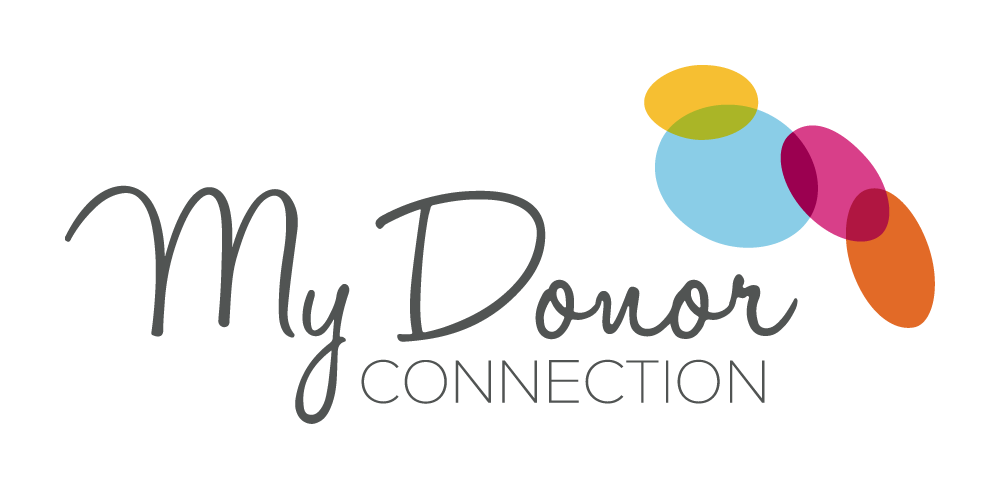Hello, intended parents! We understand that the process of finding an egg donor can be overwhelming and emotional, but we are here to guide you through every step of the way.
The first step is meeting with a member of our team to get to know you better and learn about your specific needs. We’ll also take the time to explain our agency and the egg donation process to you, and answer any questions you may have. We’ll also discuss your preferences for a donor match, such as age, medical history, genetic history, education, and physical characteristics.
Once you’ve identified a potential match, we’ll reach out to the donor to confirm that she’s available during the time frame of your cycle. We want you to feel confident in your decision, so we’re happy to send any inquiries you may have to the donor.
Once you’ve chosen your donor and signed the necessary agreements, our team will send a match sheet to your IVF clinic to let them know about your match. If you don’t have legal representation, we can provide a referral. We’ll communicate directly with your nurse coordinator to schedule any necessary appointments for the donor screening process. If you have an out-of-town donor, your clinic will require her to travel to their facility for a meeting with your physician prior to providing medical clearance.
During her medical screening, the donor will undergo physical and hormone testing, as well as an ultrasound to determine her Antral Follicle Count. She will also be tested for infectious diseases and undergo genetic testing. A psychological evaluation and personality inventory will also be conducted.
Results from the donor screening can take a few weeks to come in, especially for genetic tests. If the donor is approved by your Reproductive Endocrinologist after all results have been received, we will notify your attorney so that we can proceed with the Ovum Donation Agreement. The donor will have her own representation to review the agreement with her. After both parties have signed the final version, your attorney will provide a legal clearance letter to your clinic.
Once medical and legal clearance has been given, your physician will design a calendar detailing the medication protocol leading up to the retrieval. There will be several appointments prior to retrieval to monitor your donor to ensure she is responding appropriately to the medication. Typically, between day 10-14 of stimulation, the donor will undergo the egg retrieval through a procedure called transvaginal ultrasound aspiration, which is done under sedation or general anesthesia.
We hope that this overview of the egg donation process has been helpful. Don’t hesitate to reach out to us with any questions or concerns you may have. We’re here to support you every step of the way!




